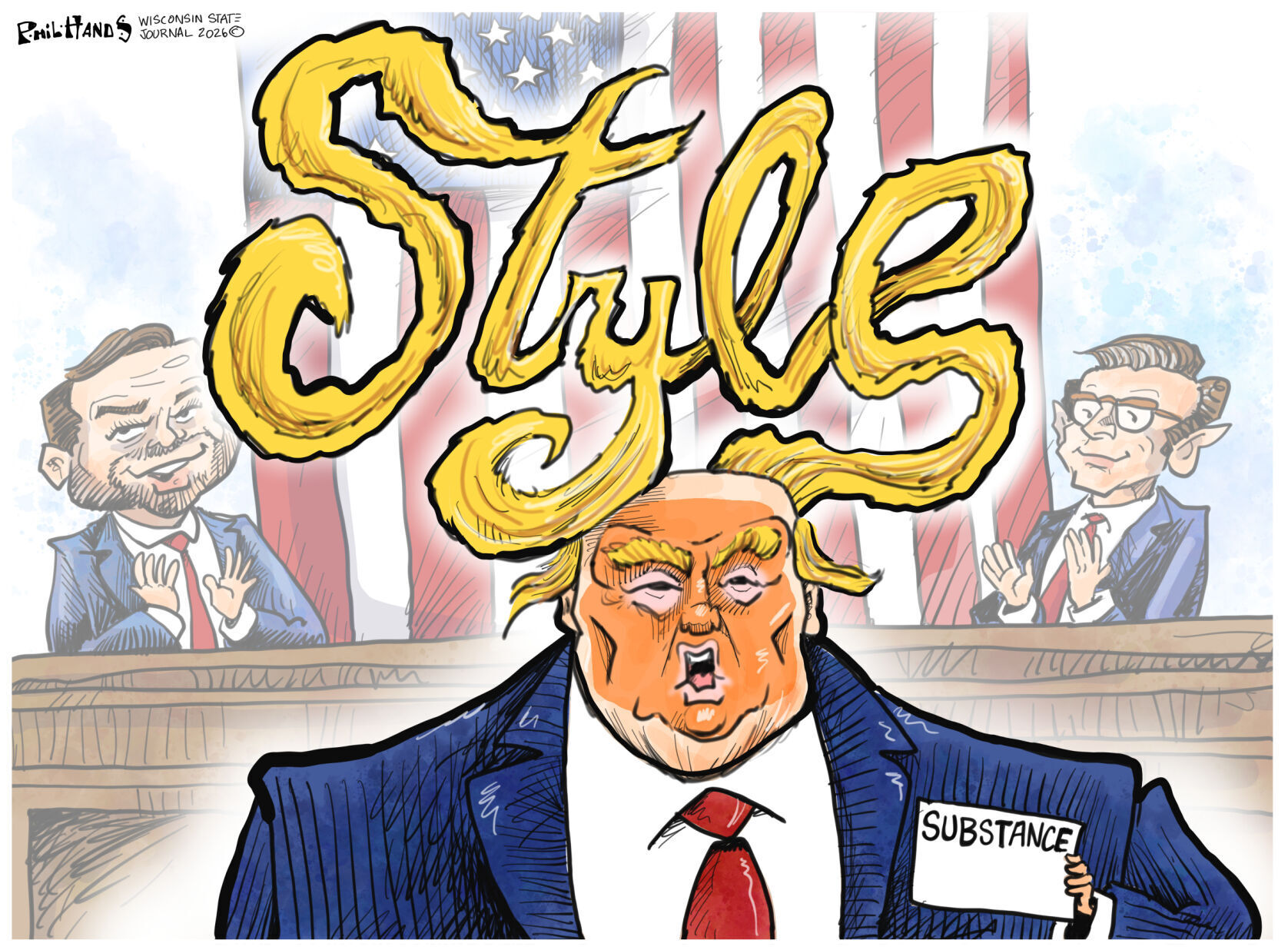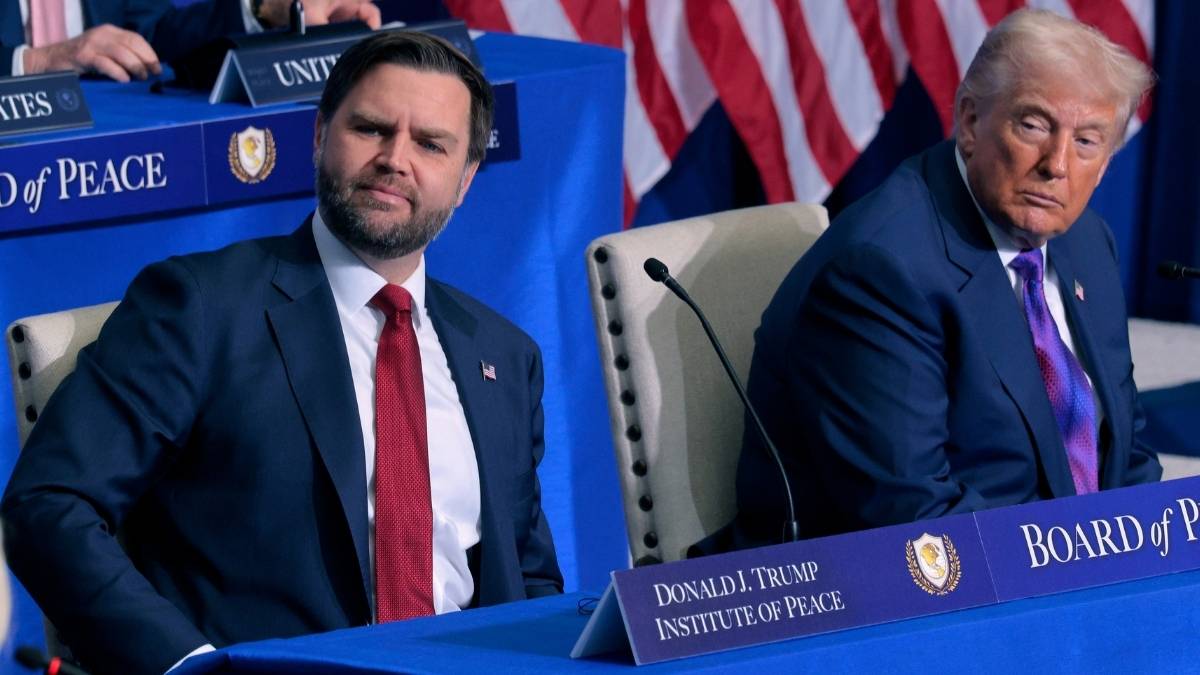The Trump administration has asked the Supreme Court to allow enforcement of a passport policy requiring transgender and nonbinary individuals to list male or female designations that match their birth certificates. The request highlights an ongoing debate over formal recognition of gender identity on official documents.
Trump asks the Supreme Court to allow him to enforce transgender and nonbinary passport policy

Key Takeaways:
- The Trump administration submitted its request to the Supreme Court on September 19, 2025
- The policy would require passport holders to use male or female designations aligned with birth certificates
- Transgender and nonbinary individuals are at the center of this policy shift
- The story originally appeared in the Chicago Tribune
- The move underscores a broader national debate on gender identity documentation
The Supreme Court Request
President Donald Trump’s administration formally asked the Supreme Court on Friday to allow it to enforce stricter rules on passport designations. According to the administration, transgender and nonbinary individuals would be required to list male or female on their passports exactly as stated on their birth certificates. This request brings the question of federal recognition of gender identity back to the highest court.
Details of the Policy
The proposed policy focuses on ensuring that official travel documents reflect the sex specified at birth. Currently, some states and federal agencies offer alternative ways to list gender markers. Under the administration’s plan, only two choices would remain: male or female, in accordance with one’s recorded birth certificate.
Context and Significance
This policy shift has drawn attention from national news outlets and advocates for transgender and nonbinary rights. Requiring a gender listing based on birth certificates could have wide-reaching implications for those who have undergone, or plan to undergo, identity changes recognized by other legal documents. While the administration argues that this move is consistent with prior record-keeping standards, its impact on affected communities remains a topic of active debate.
Source and Attribution
This story was first reported by the Chicago Tribune, with coverage by reporter Lindsay Whitehurst. It reflects ongoing national conversations about official recognition of gender identities. Observers note that the policy’s fate now depends largely on how the Supreme Court weighs the arguments presented.
By seeking to formalize the passport guidelines, the Trump administration has brought a high-profile legal battle directly to the nation’s highest court—a development that underscores the continuing debate over the role federal policy plays in determining legal definitions of gender identity.











